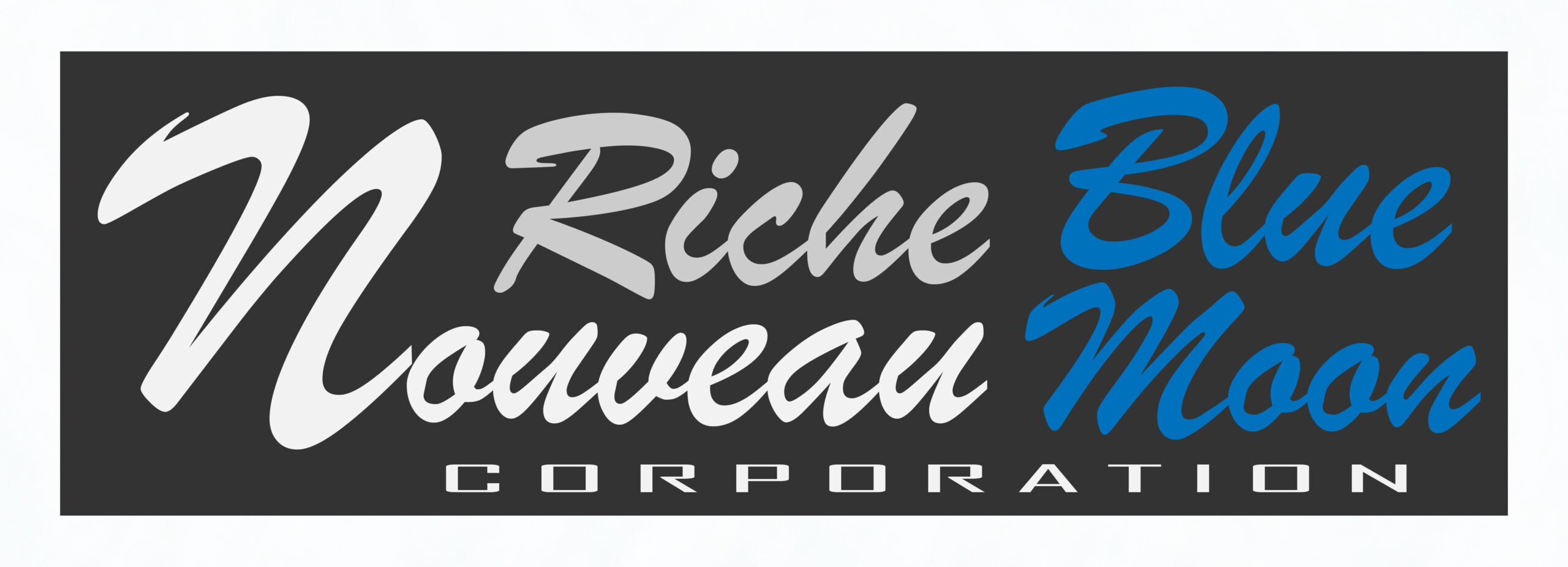
Don’t Make Perfect the Enemy of Good
I’m holding my breath instinctually, somehow thinking it would help me remain steady. My eye is only an inch from glass. I’m trying my best to keep my aim true. I make my move, and at the last moment my skills fail me, and I miss my mark. It was only millimeters off but that was enough to change a part of my daily life for years.
Every time I walked into my room from then on, I could not help but notice the not exactly perfect line between the painted drywall and the white baseboard. I had used a guide to control the paint brush to keep a sharp line. There was one part that I decided needed some additional work and fixing. I could have just left it alone. Instead, I decided that this project had been going far too well. Bad inclinations convinced me that all I needed to do was just add a dab of paint. It would make the whole thing perfect.
The first one did what I wanted and unfortunately… a bit more. A little overlap of the white now was on the freshly painted blue wall. It was a downward spiral as I fought against both sides in their color tug of war. It got ugly when I rationalized that paint thinner was the secret weapon I needed to win the war. Instead, the collateral damage only made my quagmire worse.
I saw that error every time I pasted by it for years. Eventually It was repainted with the rest of the room. It first served to remind me of a failure in painting, it now serves as an example of a failure in perspective.
Don’t make perfect the enemy of good
The problem was not that the line was off, the problem was that I cared that it was off. If I am not looking, I never see the errors in paintjobs. The mind does not zero in on those errors when you are walking down a hallway. It fills in the unimportant details with a mix of peripheral vision and reasonable assumptions in continuity.
I was irrational to not see the forest through a tree. I wasted time, effort and inflicted unnecessary frustration on myself and my paintbrush. Had I just dropped it before making the correction, chances are I would have forgotten about the spot. You would never have heard about it. None of it would have mattered. But that is not me. Sometimes I foolishly think that something good could be perfect.
Don’t make perfect your enemy
Perfection is a great figurative concept to aspire to. It should serve as a prevention against making unnecessary mistakes. Details in reports, typos in documents, condiments with an order, addresses on a mail route or any of the constant times in life that call for us to pay attention to the details. It says to the world that I care about what I am doing. The problem begins when it goes out of balance.
If I had stepped back from the wall, I would have been able to see the whole project. That spot was such a small percentage of the paint coverage. I could not see the rest of the wall. I did a good job. I liked how the color turned out. For me to be unhappy about how it looked because of a spot that small was taking away the desired effect of the paint. We paint walls to enjoy having them around us.
Knowing when to quit, isn’t like quitting
When I am thinking about going back and correcting something for yet another time, I try and ask, am I making perfect the enemy of good? Perfection is good on paper, but in application, it should not be the hopeless critic of something we should be proud of. At some point I need to just put down the brush, smile at what has been accomplished and move on to the next thing. Remember there is always a lot more next things that need our attentions.





